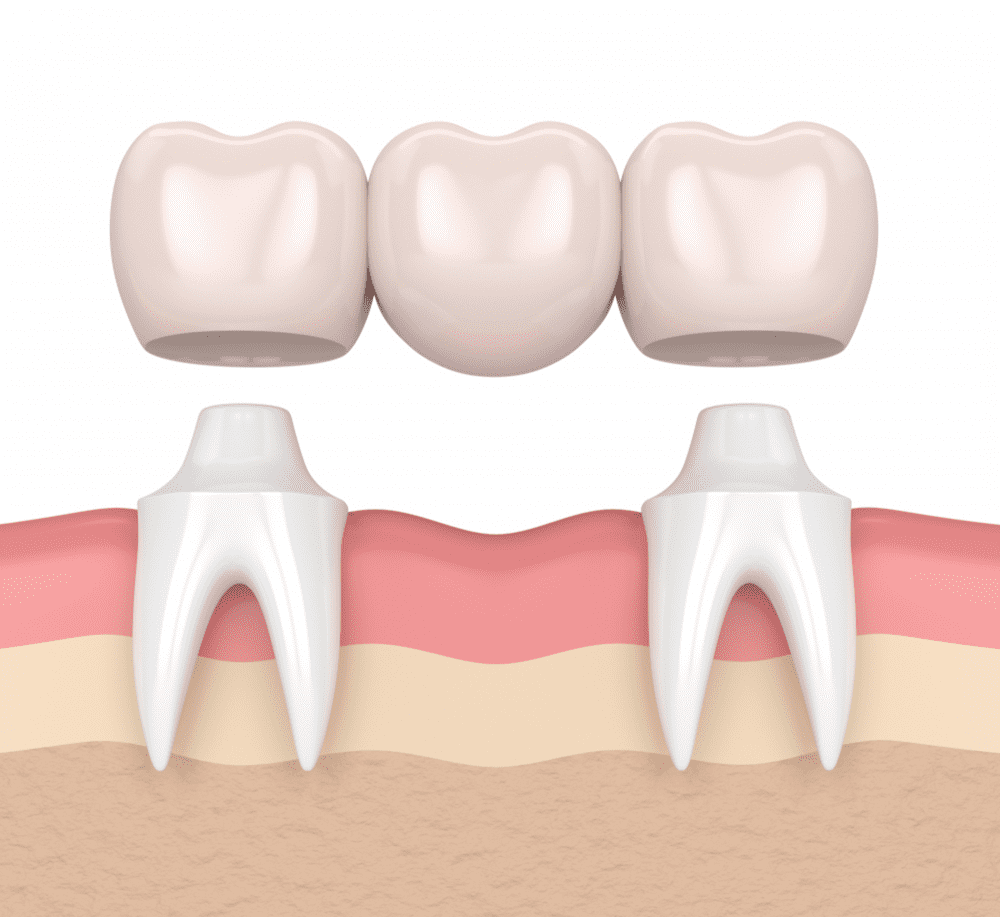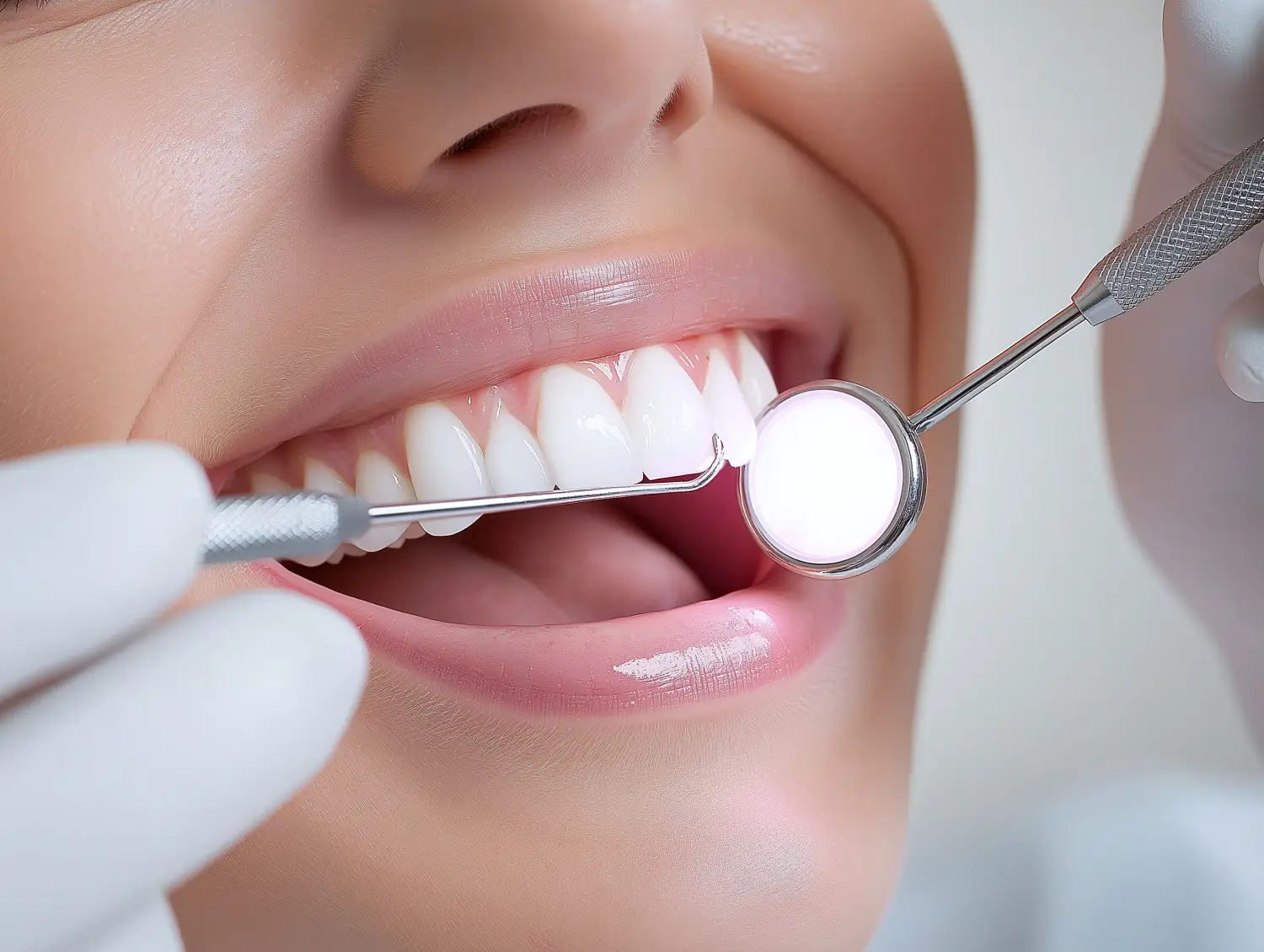
Why You Should Consider Dental Crowns
You do not need to — and should not — live with decaying, broken, missing, misshapen, discolored, or vulnerable teeth. It is neither healthy nor necessary given the potential dental implications and the ease by which those issues can be solved. If that’s your situation, here’s why you should consider dental crowns in Orlando.
How do dental crowns work?
Think of a dental crown as a thimble-like the one in your sewing kit or Monopoly© game. A crown fits over your tooth just like that thimble might slide onto the end of your finger, except that a crown fits so snugly that it holds the tooth together while lending its structural support and covering the entire tooth right down to the gum line. A tooth capped with a crown has full dental function, and any flaws in color or shape are entirely hidden away.
Crowns can be produced from ceramic in-office through the CEREC system while you wait, or built-in a dental laboratory off-site — often out of porcelain — between your appointments. If your crown is being produced off-site, your dentist in Orlando will fit you with a temporary crown to wear until your permanent restoration is ready to be fit. Whether your new crown arrives in 20 minutes or a week or so, upon arrival your dentist will confirm that it fits and provides the support or cosmetic changes you were expecting, then bond it to your tooth with powerful dental cement.
Crowns are a versatile tool in a dentist’s toolkit for both restorative and cosmetic needs. Here are four common situations in which a dentist in Orlando may recommend a dental crown to you.
When will crowns be recommended?
If you have a weak tooth that needs to be strengthened
Sometimes tooth decay destroys so much material, or the removal of tooth decay involves the removal of so much tooth structure, that the underlying tooth will simply be too weak to function properly even after being filled. Placing a crown over that weak tooth will restore the strength necessary to allow it to function properly.
If you have chipped, cracked, or broken teeth
As hard as enamel is — and enamel is actually harder than the bones in your body — it can still be broken, cracked, or chipped by actions as simple as chewing hard candy or ill-advised as opening a bottle with your teeth. However those chips, cracks, or breaks were caused, they degrade the appearance of your smile, undermine the integrity of the tooth, and can increase the risk of bacteria penetrating the enamel. A crown can hide those cosmetic imperfections, maintain the structure of the tooth, and protect the otherwise healthy tooth from harmful bacteria.
To complete other dental procedures
At the conclusion of a root canal procedure, dentists in Orlando seal the newly infection-free tooth with a substance called gutta-percha. That seal is not intended to be the final result, however. A root canal procedure is incomplete, and the tooth vulnerable to reinfection, until the tooth is finally capped with a custom-built crown.
Crowns provide essential structural support for implant options to remedy tooth loss. One common option for patients suffering tooth loss but not ready for dental implants is to use a bridge to hold replacement teeth in the gaps left behind by the missing teeth. That bridge is often supported at each end by a crown.
If your teeth are badly misshapen or discolored
Dentists can offer a wide variety of options to address cosmetic dental concerns such as the color, size, and shape of your teeth. Those options include whitening, contouring, veneers, and crowns. Crowns are custom fit and designed to blend naturally with your remaining healthy teeth while projecting the ideal image to the world, and lending structural support in the bargain.
If you’re living in Orlando with decaying, broken, missing, misshapen, discolored, or vulnerable teeth for any reason, dental crowns may provide a solution to restore your smile and full dental function. To find out how crowns can help you, just call a dentist near you.
Related Posts

Welcome to Orlando Center for Cosmetic Dentistry

Teeth Cleaning Aftercare Tips

What Are Dentures? Everything You Need to Know
%20copy.jpg)
Schedule your visit today
We’re here to help you achieve a healthier, more confident smile with precision care and no pressure. Let’s get you started.
